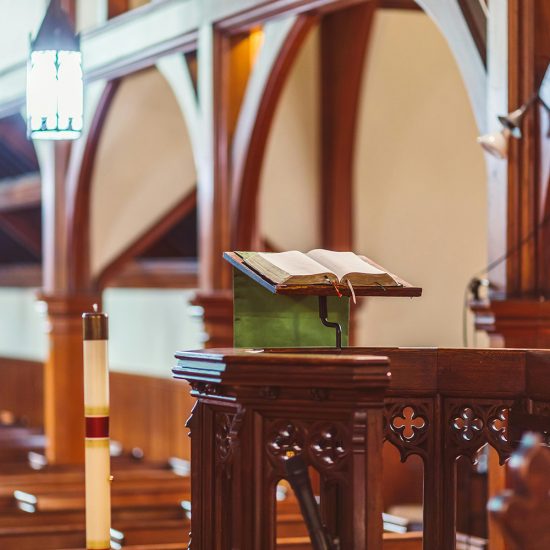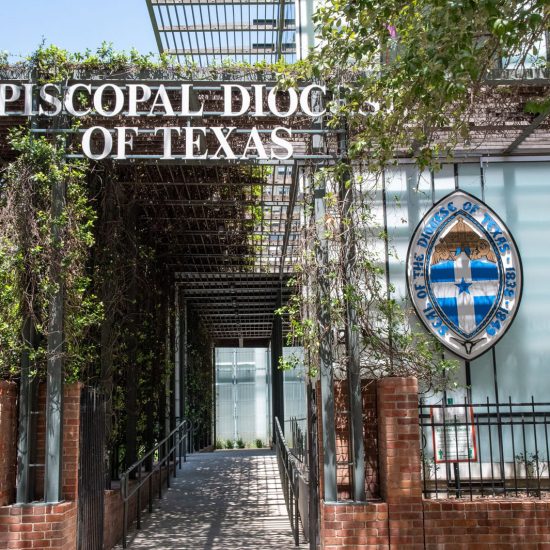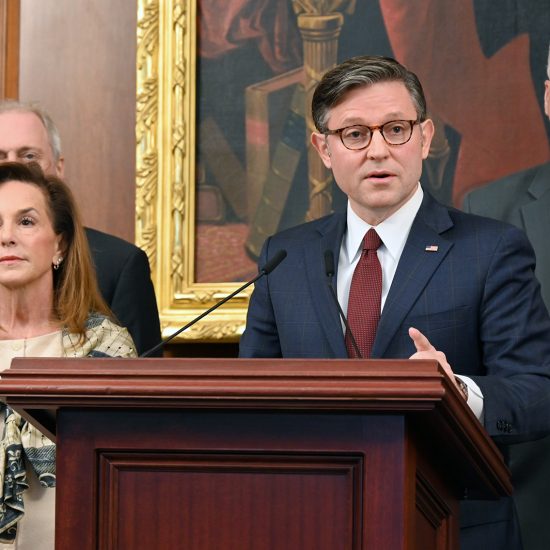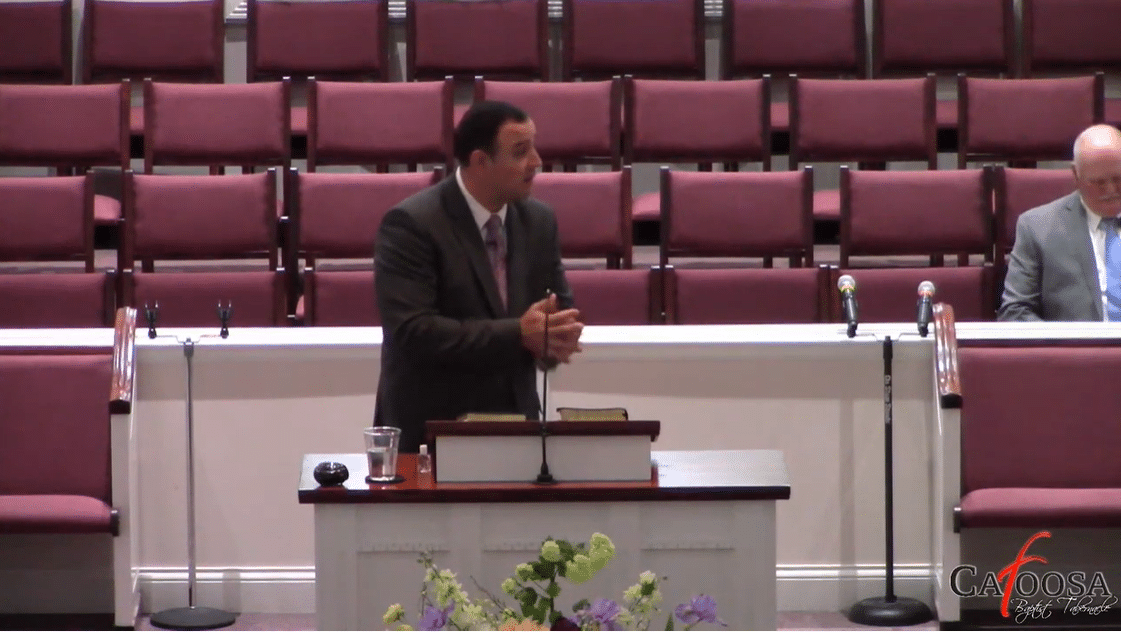
As restrictions on mass gatherings across the country are relaxed to allow in-person worship services, a couple churches that already reopened have again suspended in-person services after new coronavirus outbreaks in their congregations. Concerns about new waves of the pandemic come as governors and courts remove some restrictions on religious gatherings.
As of May 18, more than 4.8 million people globally have been infected with the COVID-19 respiratory disease caused by coronavirus, and more than 317,000 have died. In the U.S., the nation with the most infections and deaths, more than 1.5 million people have tested positive and 91,000 have died.
Since Georgia started reopening in late April — and several more states soon followed — the loosening of restrictions has enabled many churches to again hold in-person services after weeks of online or drive-in services. And while some churches restarted in-person services, others decided to wait longer, much like how many churches actually suspended in-person services before government officials instituted mass gathering bans.
A couple of churches that resumed in-person services have once again suspended such gatherings after new outbreaks of coronavirus.
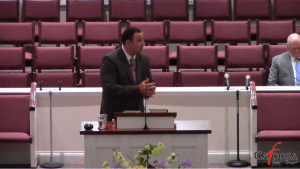
Screengrab of Justin Gazaway, pastor of Catoosa Baptist Tabernacle, applying hand sanitizer as he approached the pulpit during the May 10 service after worship leaders led congregational singing from the pulpit.
Catoosa Baptist Tabernacle, an independent Baptist congregation in Ringgold, Georgia, welcomed people back into its sanctuary the last Sunday in April, just two days after the governor started reopening the state. Then 16 days later, the church announced on May 12 it would again suspend in-person services after three members tested positive for COVID-19. The church said only about one-fourth of the congregation attended in person, and those who attended stayed socially distant.
In Houston, Texas, Holy Ghost Catholic Church announced May 17 that three priests living and ministering at the church tested positive for COVID-19. The church had reopened its building on May 2 — with one of those individuals actively participating in public Masses during the past two weeks. The church added that another priest who recently died might have had the virus. The church canceled all Masses until further notice.
In northern California, another outbreak with three persons testing positive with COVID-19 is linked to a Mother’s Day church service at an unidentified church. Local health officials didn’t announce the name of the church but encouraged leaders of the congregation to publicly admit the news so more people who attended the service could know of the potential exposure. Local health officials had previously warned about the risk of singing at church services, and singing reportedly occurred at the service with the outbreak.
Health officials in another northern California county also announced that someone who attended a Mother’s Day church service received a positive diagnosis for COVID-19 the next day. While they didn’t publicly identify the church, officials reported the approximately 180 other people who attended the service have been notified and told to self-quarantine. Such mass gatherings are actually still restricted in California, putting the service in violation of state orders.
“At this time, organizations that hold in-person services or gatherings are putting the health and safety of their congregations, the general public and our local ability to open up at great risk,” stated Danette York, director of Butte County Public Health where the service with more than 180 people occurred. “Moving too quickly through the reopening process can cause a major setback and could require us to revert back to more restrictive measures. We implore everyone to follow the State order and our reopening plan to help combat the potential spread of COVID-19.”
A federal judge last month rejected a request by three churches for a temporary restraining order blocking California from restricting the size of religious services. But a group of pastors is calling on churches in California to reopen for Pentecost Sunday (May 31) even if the governor doesn’t authorize mass gatherings.
As restrictions across the country are lifting that barred church gatherings, stories like those in Georgia, Texas, and California could grow. Several governors lifted restrictions over the past few weeks. And some judicial rulings opened up even more opportunities for churches to gather, such as in Wisconsin when the state’s Supreme Court struck down the governor’s entire stay-at-home order, and in North Carolina where a judge overturned the restrictions on churches after two Baptist congregations sued.
And some government officials have adjusted restrictions to provide a religious exemption to mass gathering bans to avoid litigation, such as in Jackson County, Missouri, that allowed churches to meet after a Baptist congregation sued. And some churches meet despite bans, like several that worshiped in person Sunday in Chicago, Illinois.
A poll earlier this month found that 48% of Americans say church services shouldn’t be allowed right now because of the potential of spreading coronavirus, while 42% believe they should be allowed with restrictions, and just 9% think they should be allowed without restrictions.


